This year’s World Water Day theme is groundwater, and here’s what some scientists have found recently about this precious resource.



This year’s World Water Day theme is groundwater, and here’s what some scientists have found recently about this precious resource.
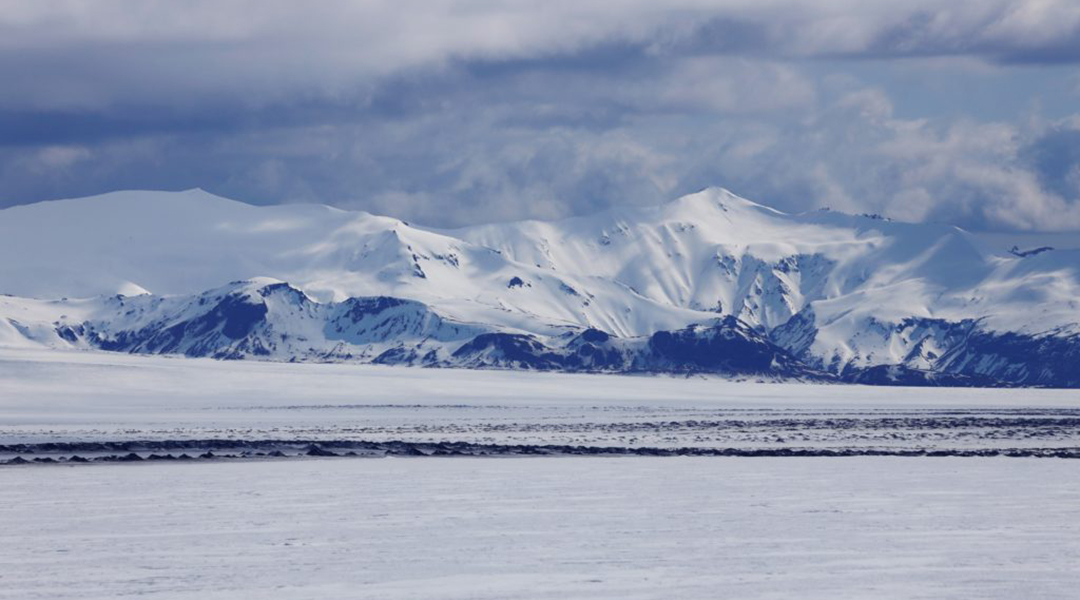
A mysterious area of cold water dubbed the Blue Blob is reducing the melting of Iceland’s glaciers by cooling the air above them.
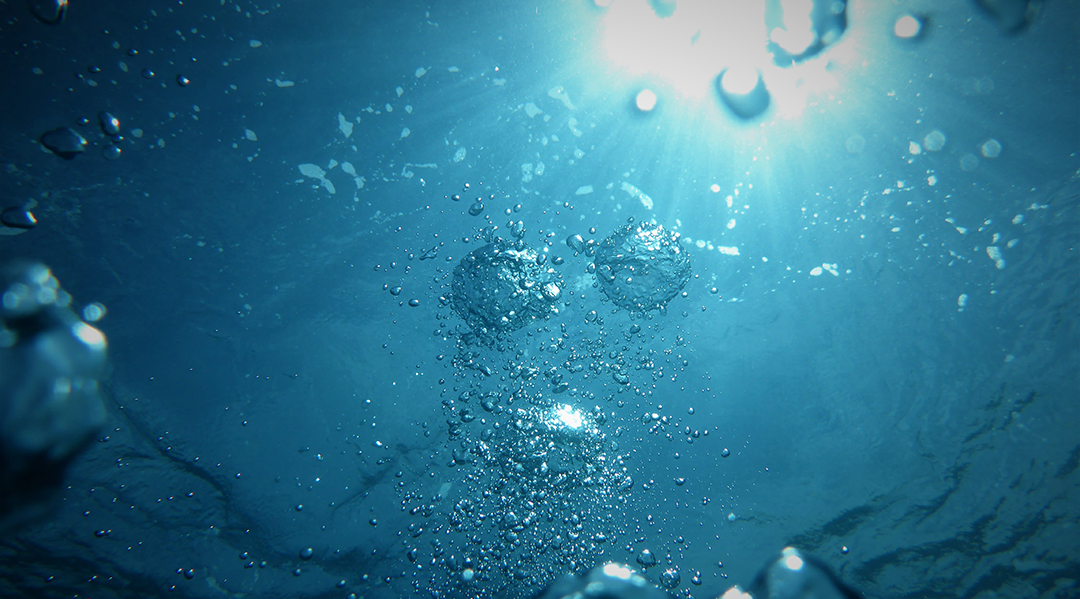
A new study identifies that magnesium hydrosilicate, a compound present during the Earth’s formation, may be responsible for our planet’s abundant water.
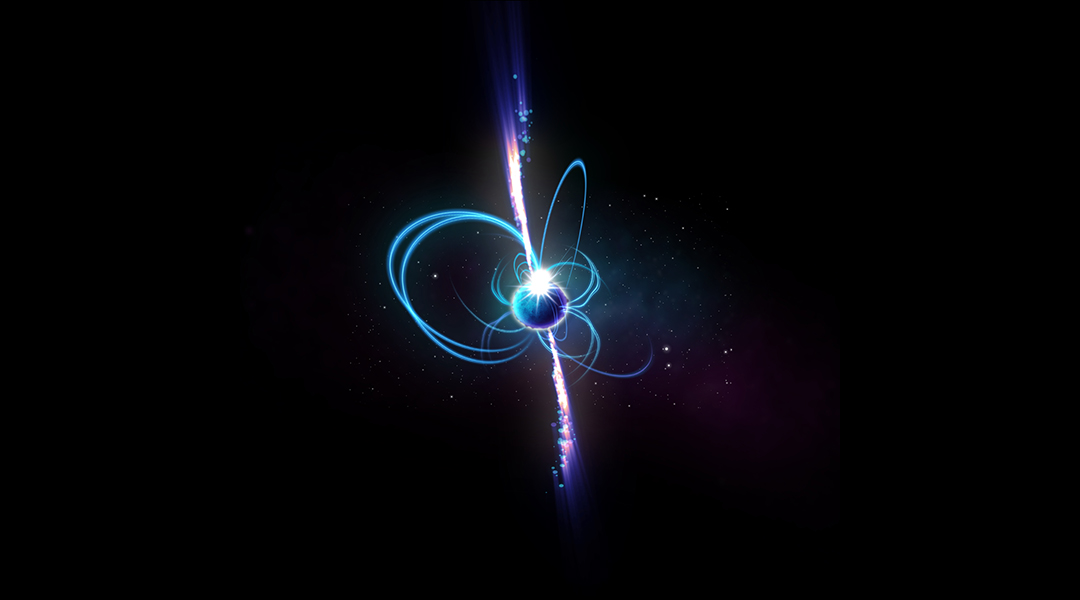
Scientists have observed a peculiar object emitting radio waves once every 20 minutes, and it may be a new kind of neutron star.

The odds were stacked against her, but inspired by her parents and love for science, Florence Bascom paved the way for women in geology.

New research with samples from Pic du Midi Observatory reveal that microplastics are traversing the globe through the atmosphere.
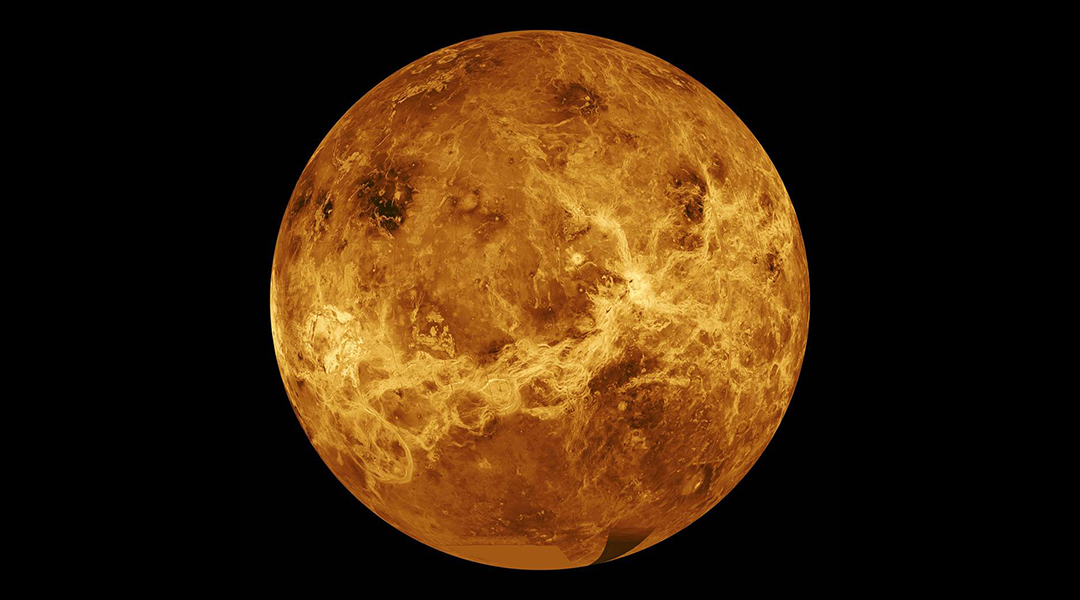
New research on Venus reveals how large impacts from rocky bodies may have altered its development during planetary infancy.

Regions of spacetime where gravity is so strong that nothing, not even light, can escape!
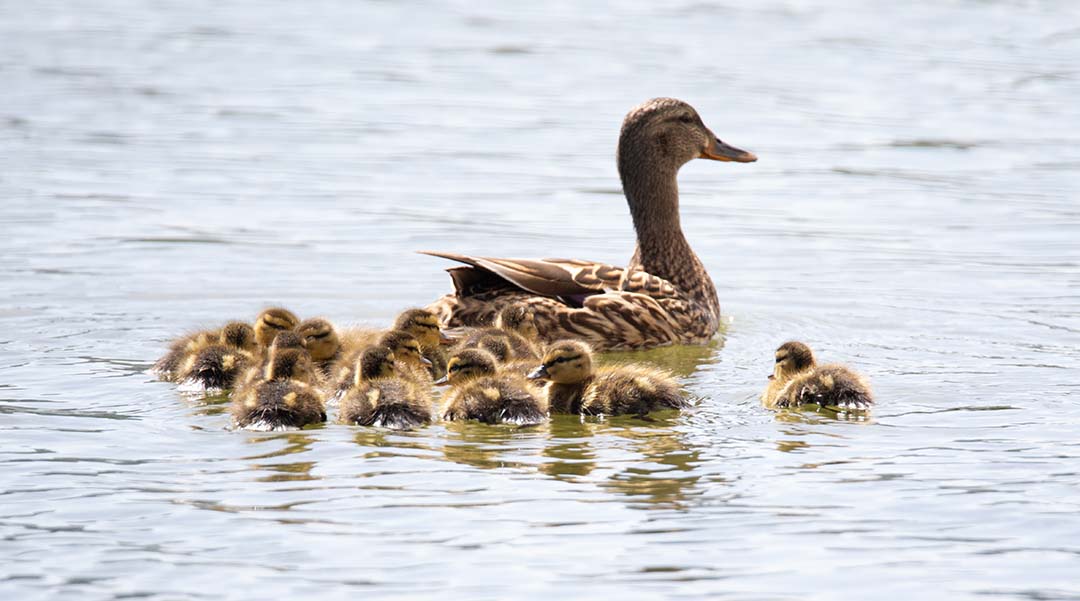
New research in fluid mechanics has found that our feathered friends have been using waves to make swimming easier.
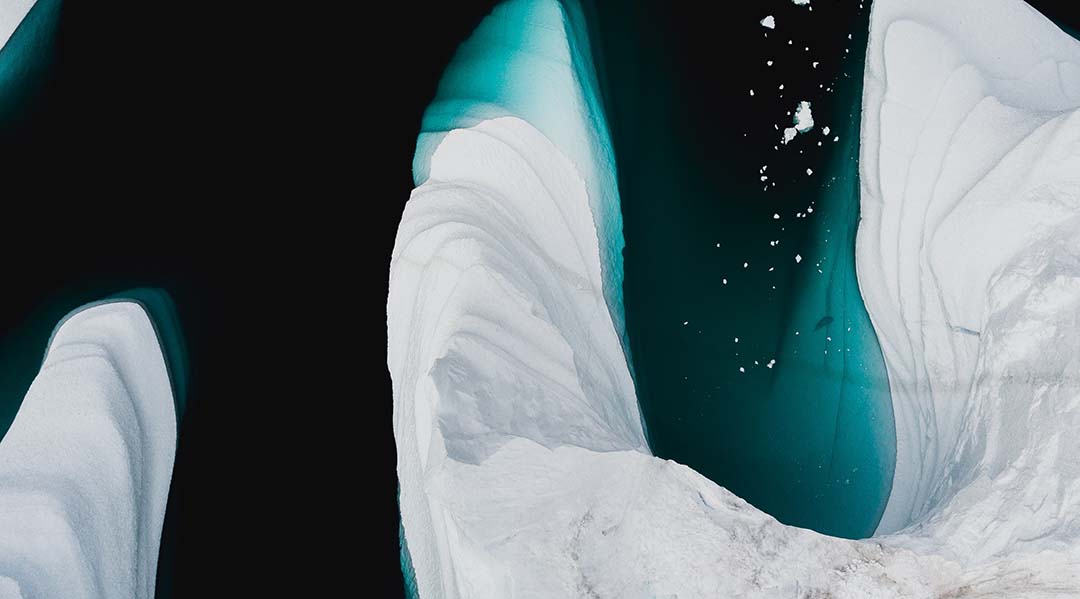
Some of the thickest Arctic ice broke open in May 2020 with a 3000-square-kilometer crack called a “polynya.”